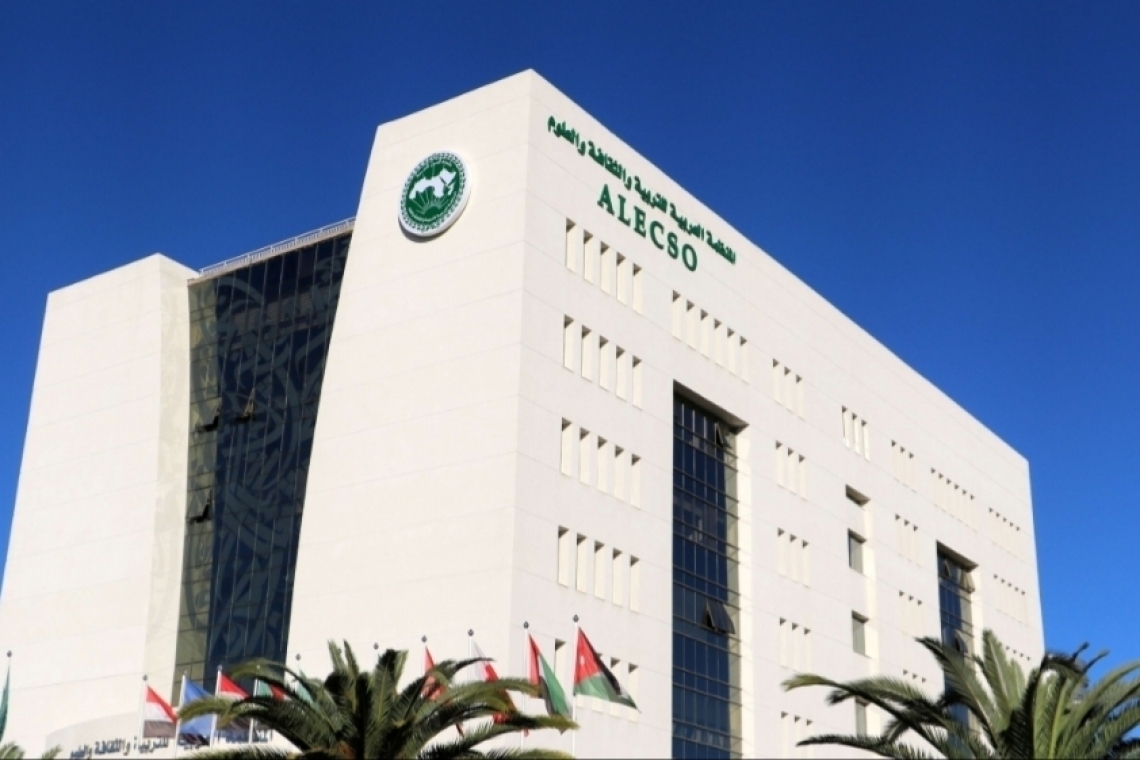On March 10th every year, the Arab League Educational, Cultural, and Scientific Organization (ALECSO) joins the Arab countries in celebrating the Arab Library Day. This is in recognition of the importance of libraries which serve as bridges to knowledge, as key tools for preserving the Arab cultural heritage, and as centers of intellectual enlightenment that contribute to the advancement of peoples.
This celebration reflects a heightened awareness of the pivotal role that libraries play in shaping cultural identity and enhancing critical and creative thinking, serving as educational and knowledge centers that contribute to sustainable development.
The Arab civilization has always been closely linked to books and libraries. Major libraries were established, including the Library of Alexandria, the House of Wisdom in Baghdad, the Library of Cordoba, and the Library of Ashurbanipal which features thousands of clay tablets. These libraries have contributed to preserving knowledge and transmitting it across generations, serving as hubs for scientific research and human thought.
Today, libraries continue to play this significant role, but with more advanced tools. Digitization has now made its way into modern libraries to ensure easy access to information, protect manuscripts from damage, and enable researchers to access heritage documents in electronic format.
As part of its ongoing efforts to support initiatives aimed at making knowledge accessible to all, including to people with disabilities, ALECSO has worked to develop digital libraries that contain talking books and educational resources in Braille. It has also sought to enhance cooperation between Arab and international libraries to create an open-source global digital archive that allows researchers and students easy access to information.
Additionally, ALECSO is closely monitoring the current digital and technological advances, which has made it possible for researchers to access international libraries remotely. It seeks to leverage new technology in an ambitious program to digitize all its publications, including books, encyclopedias, and dictionaries, in order to facilitate access by researchers.
ALECSO takes this occasion to call on all community institutions, starting with families and schools, to promote the practice of reading and encourage children and youth to benefit from libraries, whether they are home, school, public, or university libraries. Reading is not only a means of acquiring knowledge but also a bridge for cultural interaction, tolerance, and openness to others, contributing to building more enlightened



